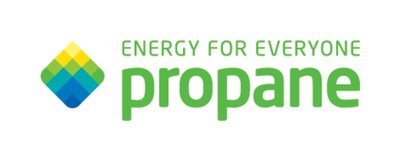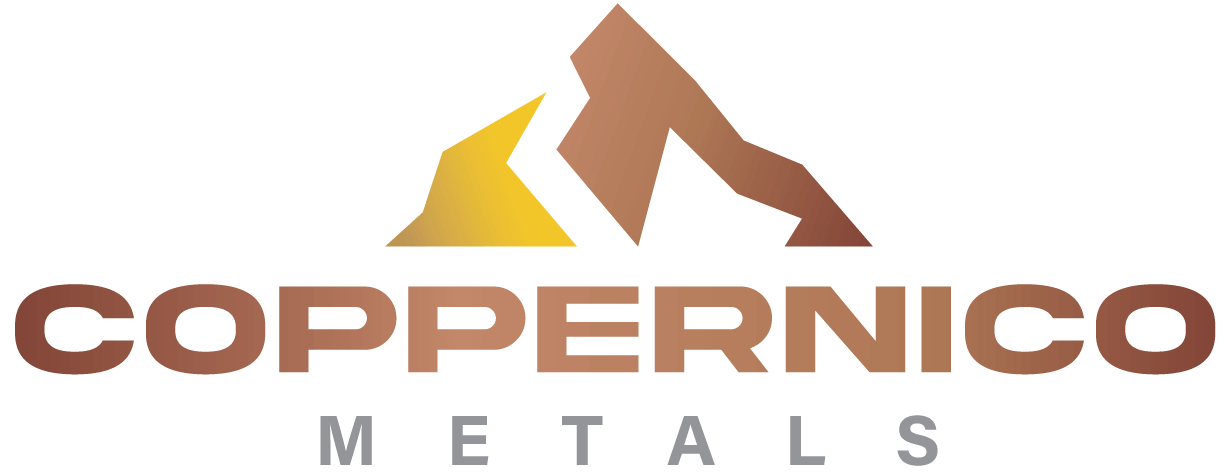Propane Buses Drive the Future of Student Transportation During National School Bus Safety Week
RICHMOND, Va., Oct. 24, 2024 /PRNewswire/ — As school districts across the country focus on student safety during National School Bus Safety Week, propane-powered buses are proving to be a leading choice for a safer, cleaner and more reliable ride to school.
Propane-powered buses offer a healthier environment for students by dramatically reducing harmful emissions that contribute to respiratory issues by 96 percent compared to diesel. They are also quieter than diesel models, allowing drivers to better focus on the road, which enhances overall safety. The buses also warm up more quickly than diesel in the winter, providing students with a safe and comfortable ride.
Compared to electric buses, propane buses also offer many health and safety advantages. Propane buses are a cleaner option than electric in most states when all emissions are considered, which includes emissions from battery production and charging using the electric grid. More than 60 percent of the grid today is powered by coal and natural gas, which contribute to poor air quality. Choosing propane reduces those emissions and provides a cleaner environment for students.
Unlike electric buses, which are limited by charging infrastructure and range, propane buses offer reliable long-distance performance, ensuring consistent transportation for students even in areas with power grid challenges. Depending on the tank size, propane buses have a range of up to 400 miles on a single refuel, providing flexibility and peace of mind for school districts and parents to know students will arrive at their destination safely.
“Propane buses deliver a safe, comfortable, reliable, and environmentally friendly solution to meet the transportation needs of school districts nationwide,” said Tucker Perkins, president and CEO of the Propane Education & Research Council (PERC). “By choosing propane, school districts are making a decision that benefits their students’ health and safety.”
Many school districts across the country are taking student health and safety initiatives one step further by operating buses that run on renewable propane. Renewable propane is a sustainable energy source made from renewable feedstocks like plant and vegetable oils, animal fats, or used cooking oil, offering the same reliable performance as conventional propane but with an even lower carbon footprint.
Leading the way in this transformation are districts like Beaverton School District in Oregon and Bonny Eagle School District in Maine, which have adopted renewable propane-powered school buses as part of their commitment to both safety and sustainability. Beaverton’s 66 propane buses reliably run on renewable propane. At Bonny Eagle, nearly 80 percent of the fleet now runs on renewable propane.
“This forward-thinking decision to adopt renewable propane allows these districts to reduce their environmental impact while ensuring students receive safe, dependable transportation,” Perkins said. “They’re putting the health and wellbeing of their students first, which is what National School Bus Safety Week is all about.”
For more information about propane school buses, visit betterourbuses.com.
About PERC: The Propane Education & Research Council is a nonprofit that provides leading propane safety and training programs and invests in research and development of new propane-powered technologies. PERC is operated and funded by the propane industry. For more information, visit Propane.com.
For More Information:
Tracey Rettig
Propane Education & Research Council
804-839-3745
[email protected]
Jenna Jaynes
Swanson Russell
402-437-6406
[email protected]
![]() View original content to download multimedia:https://www.prnewswire.com/news-releases/propane-buses-drive-the-future-of-student-transportation-during-national-school-bus-safety-week-302285328.html
View original content to download multimedia:https://www.prnewswire.com/news-releases/propane-buses-drive-the-future-of-student-transportation-during-national-school-bus-safety-week-302285328.html
SOURCE Propane Education & Research Council








